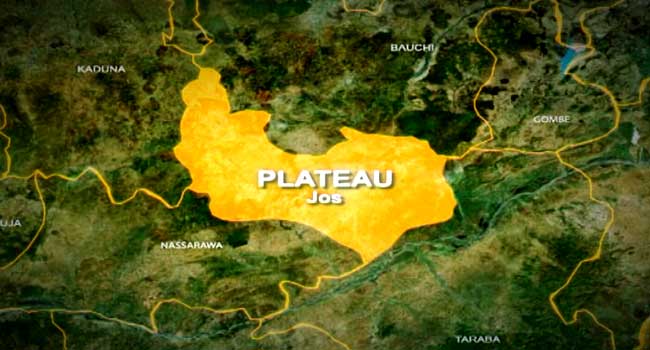-
Farmers in Nigeria face increased insecurity, threatening food production.
-
Attacks in Plateau and Benue states have led to loss of lives and abandonment of farmlands.
Experts call for review of security architecture and technology adoption to boost agriculture.
Farmer fatalities and attacks on agrarian communities in Nigeria’s Plateau and Benue states have sparked concerns over food security.
Over 1,356 farmers lost their lives in banditry attacks between 2020 and 2024, with many more forced to abandon their farmlands.
The recent wave of violence has left farming communities in a state of fear and mourning.
ATTENTION: Click “HERE” to join our WhatsApp group and receive News updates directly on your WhatsApp!
“The violence threatens Nigeria’s food security; an issue that could have far-reaching consequences for the country’s stability and well-being,” said James Yakubu, Secretary of the All Farmers Association of Nigeria (AFAN).
Godwin Oloche, a farmer from Orozo community in the Federal Capital Territory (FCT), noted that “attacks in local government areas like Zaki Biam, Kwande, Logo, Katsina Ala, Gwer West, Makurdi, Guma, and Agatu have forced farmers to abandon their farmlands, leading to widespread food insecurity.”
Security expert Capt. Joe Ogbe called on President Bola Ahmed Tinubu to review the nation’s security architecture to safeguard farming communities from threats. “Insecurity is a key factor undermining food security. Nigeria, especially its food basket states, is under a violent siege. Farming has become a dangerous vocation as killings by violent herdsmen, banditry, kidnapping, and sabotage have become the norm.”
READ ALSO: Wike visits China over water project for FCT satellite towns
Experts also emphasized the need for large-scale technology adoption and affordable credit access to boost agricultural productivity. Kola Masha, Managing Director of Babban Gona, stressed that “agro-finance has the power to ignite wealth creation and expand industries by fixing broken value chains.” Oluwatosin Ojo, a partner at Sahel Capital, advocated for a systems approach to address food security challenges.
Professor Abel Obaje, a Professor of Agro-Economy at Federal University, Lokoja, urged the government to support farmers with secure environments, viable seedlings, and farm equipment to ensure food security and sufficiency.
“
















Leave a comment